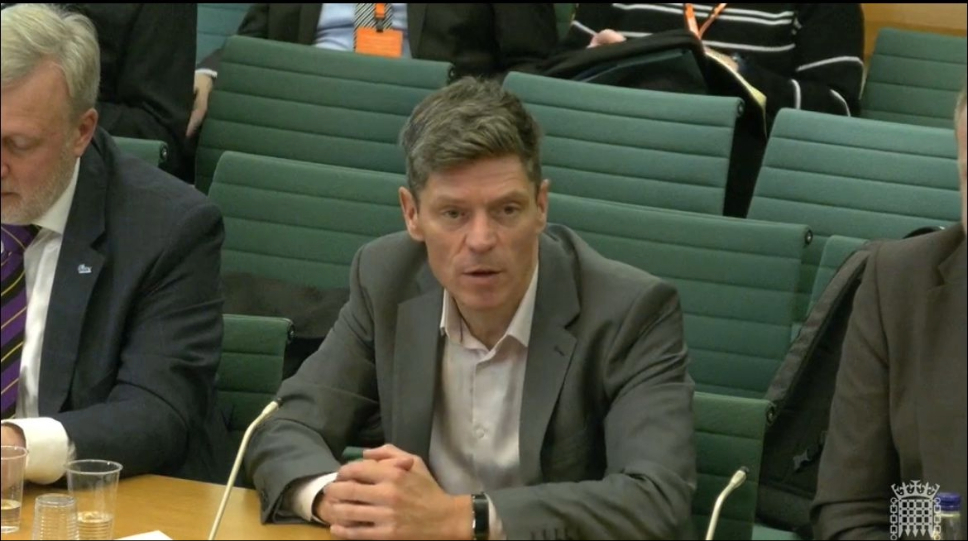Professor Goodier is a leading expert and, along with colleagues in Loughborough’s School of Architecture, Building and Civil Engineering, has been conducting work on RAAC for several years. He has advised various Government Departments and the NHS on how they navigate the challenges that this concrete brings to public buildings.
RAAC is an aerated lightweight cementitious material with no coarse aggregate; the material properties and structural behaviour therefore differs significantly from ‘traditional’ reinforced concrete. Hundreds of thousands of these structural panels exist across a broad cross-section of buildings, mostly constructed in the 1960s and 70s, and many are showing signs of wear and tear and deterioration. This is a particular concern in public buildings such as schools and hospitals.
The issue gained national attention in the summer of 2023 when the Department for Education ordered over 100 schools to immediately shut buildings where reinforced autoclaved aerated concrete (RAAC) was used in their construction. This followed the collapse of a panel at one site.
Professor Goodier gave his evidence just before Minister for Children and Families, Josh Macalister MP, faced questions from the committee. Ahead of the session, it was announced that the government had pledged that all schools and colleges were to be free of RAAC by the end of the Parliament in 2029.
At the session, Professor Goodier outlined the complex nature of dealing with the amount of buildings made with RAAC. He made the point that there are more than 20,000 schools in England, with more than 60,000 buildings in total, and that they were all built by different contractors, at different times and in different places. Furthermore, they have experienced different loadings and weather conditions over their lifespans, and have been maintained [or not] in a variety of ways. Therefore, he explained that the buildings are all unique and all need to be inspected as individual structures to ensure that they are structurally safe and fit for purpose.
Following the session, Professor Goodier said: “RAAC and asbestos are just two of the many challenges that our aging public infrastructure such as schools are grappling with, and years of underinvestment in maintenance and remediation means that even more public money now needs to be spent in order to stop them deteriorating at an even faster rate. Reducing spending on maintenance today is not saving money, it means spending even more money in the future.”
The evidence session is available to view on the Parliament's website.
In 2023, Professor Goodier wrote an expert explainer on RAAC, which describes what it is and the challenges it poses.
